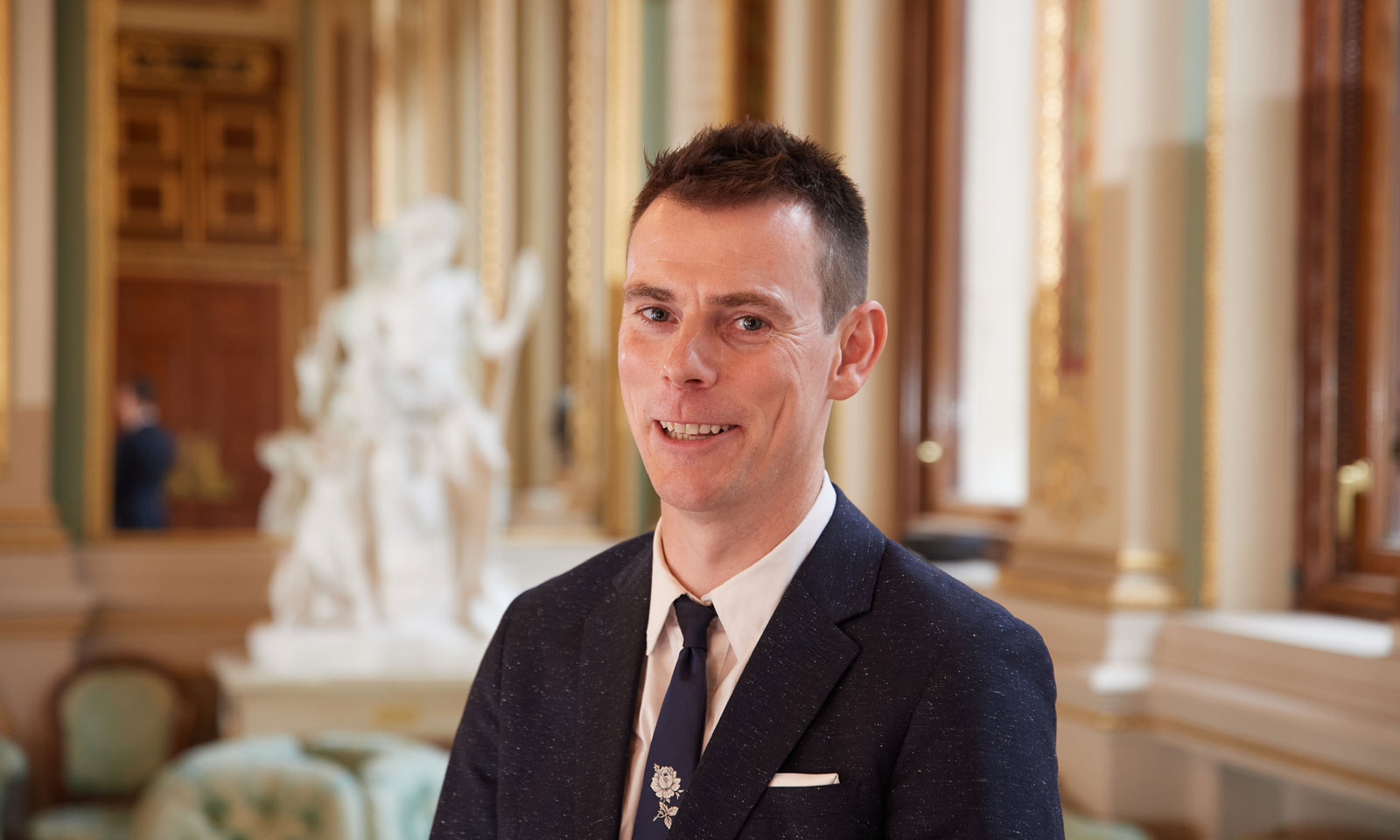
Column: Have Residential Interior Design Principles Infiltrated Commercial Settings?
Monthly Column By Mathew Freeman
Of Covid’s many changes to the world, how and where we work has really had an impact on current working circumstances. The workforce has proven that WFH is possible for many of those previously based in commercial office environments and we can see from the measure of carbon dioxide in the environment during the various lockdowns that this pause can have a substantial impact and that nature can bounce back. I personally worked throughout the lockdowns, when we could leave the house, construction in London continued, installing 7 apartments over that period. I found WFH really positive and only recently have I noticed how much more relaxed I am. Being in a familiar environment, having creature comforts, my collection of books and silence, really contributed to my productivity. Sitting is the new smoking – so I have heard – so having the freedom to sit in various positions around my home, being able to work a little more flexibly and to manage your time, offers a bit of autonomy to make you feel like you are in control of your life, setting a new bar for the work life balance.
Designers need to consider how these benefits can cross over into designing commercial spaces – creating comfortable and relaxed spaces, as well as being functional and productive spaces, where one is able to focus and work, in an environment that meets our changing needs.
Businesses who have adopted and are further establishing residential interior design influences on commercial spaces further blur the boundaries between commercial office, hospitality and residential designs. I believe Working From Home is going to be part of our future, the work-life balance has been reset and in my opinion for the better. As Artificial Intelligence begins to change our world, as the introduction of mainstream use of the internet did at the turn of the century, a buzz around a 4 day week, societal changes in recognition of individual needs and a transition to a low carbon future, commuting isn’t a sustainable part of our day and should be minimised. That is not to say I don’t think it is necessary for staff to work together – collaboration is a vital part of professional and personal development – so we need to create spaces where people want to work in-person, together.
As AI changes our lives, the creative industries will flourish as our hobbies and leisure time become a greater part of our lives, certain industries will have to change and adapt quickly to ensure they will still be relevant in a green future. As employees and consumers have the information available to be able to choose which businesses they work for or visit, align with their own values, I see a kinder, more empathetic world, one that nurtures, cares, under the common goal of a healthier future, one in a relatable, homelier environment, to keep creativity and output levels high.
BIID President Mathew Freeman, Founder of Freeman Studio





